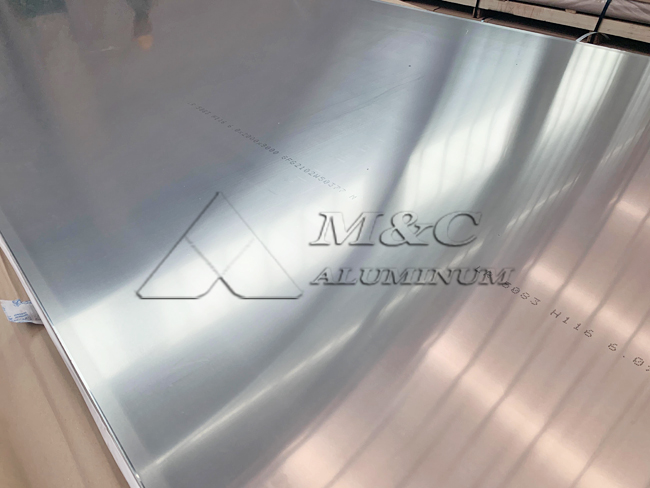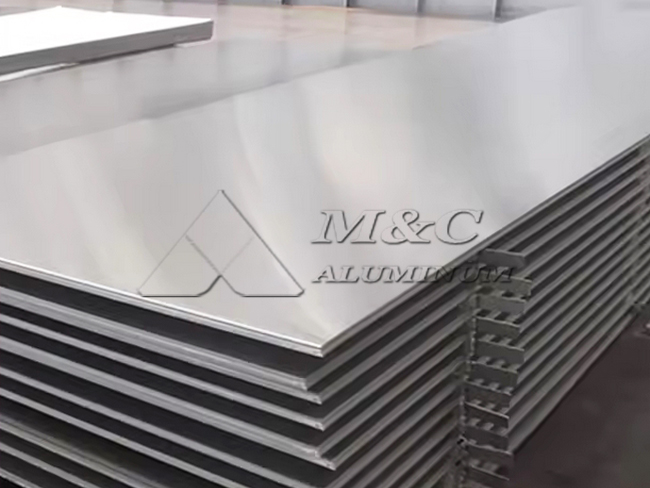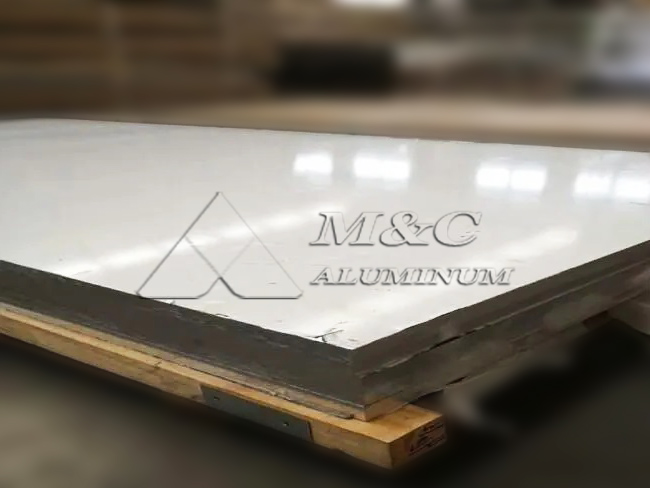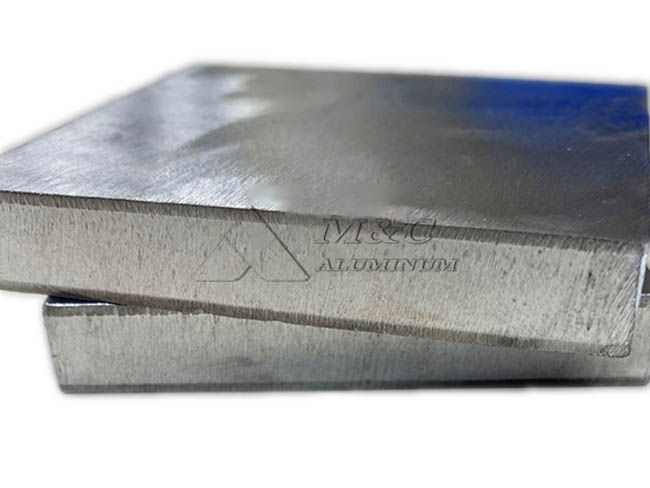With the rapid development of the global marine economy, industries such as shipbuilding, offshore engineering, and coastal architecture are demanding higher-performance materials. Marine-grade 5083, 5052, and 5754 polished anodized aluminum alloy plates, known for their excellent corrosion resistance, high strength-to-weight ratio, and visually appealing surface treatment, are becoming essential structural materials for modern marine applications.
Why Aluminum Instead of Steel?
Steel was once the "ruler of the seas," but it bears the burden of time and seawater. The rise of marine-grade aluminum alloys marks a revolution in materials:
Lightweight: Aluminum's density is only one-third that of steel—less weight means lower fuel consumption and faster speeds.
High Corrosion Resistance: Alloys like 5083 naturally resist seawater corrosion, often requiring no additional coatings.
Eco-Friendly: Aluminum boasts a recycling rate over 90%, aligning with global green shipbuilding trends.
Cost-Effective: Less maintenance and longer service life lead to lower lifecycle costs.
What is Marine Grade Aluminum Plate?
Marine-grade aluminum plate refers to aluminum-magnesium alloy materials designed for use in high-salinity, high-humidity marine environments. The 5xxx series, including 5083, 5052, and 5754, are processed to H112 temper (naturally cooled after hot rolling, retaining some strain hardening) to enhance corrosion resistance and mechanical properties. Combined with polishing and anodizing, their surface durability and aesthetic appeal are further improved.
5083 H112 Marine Aluminum Plate: Known for its high tensile strength and corrosion resistance. Ideal for hull frameworks, pontoons, and underwater structures.
5052 H112 Marine Aluminum Plate: Offers excellent weldability and formability. Suitable for lightweight cabins and enclosures such as hatches, interior panels, and gangways.
5754 H112 Marine Aluminum Plate: With good rigidity and impact resistance, it's a reliable choice for marine equipment casings and flooring—used in docks, containers, and fuel/water tanks.
H112 Temper Condition
The H112 condition refers to a naturally aged state after hot working, used where moderate strength and good formability are needed. This temper provides balanced mechanical properties and is suitable for subsequent processing and anodizing, making it ideal for marine applications.
Polishing + Anodizing Aluminum Plate
Polishing:
Removes oxides and micro-defects via mechanical, chemical, or electrochemical methods to achieve a mirror-like finish, enhancing visual appeal and dirt resistance.
Anodizing:
An electrolytic process that forms a thick, dense oxide layer on the aluminum surface, improving its resistance to seawater corrosion, surface hardness, wear resistance, electrical insulation, and decorative potential (including dyeing).
Advantages of Polished Anodized Processing
Enhanced Corrosion Resistance:
The anodized layer protects against salt spray and marine environment corrosion.
Superior Surface Quality:
Polished and color-uniform surfaces meet the aesthetic demands of high-end vessels.
Process Compatibility:
Hard anodic film (HV ≥ 300) reduces the risk of scratches during transport and assembly.
Specifications
| Alloys | 5083, 5052, 5754 |
| Tempers | O, H112, H32/H34,etc |
| Thickness | 3 mm – 50 mm |
| Width | 1000 mm – 2000 mm |
| Length | 2000 mm – 16000 mm |
| Surface Treatments | Polishing, Anodizing, Brushing, Mirror Finish, Electrophoresis, Coating |
| Certifications | DNV, CCS, ABS, LR, BV marine classification |
| MOQ | 1–3 tons |
Mechanical Properties of 5052, 5083, and 5754 Aluminum Alloy Plates
| Property | 5083 H112 | 5052 H112 | 5754 H112 |
| Tensile Strength (σb) | 270–350 MPa | 190–240 MPa | 220–280 MPa |
| Yield Strength (σ0.2) | ≥125 MPa | ≥110 MPa | ≥130 MPa |
| Elongation (A50) | ≥12% | ≥12% | ≥12% |
| Hardness (HB) | 65–85 | 60-70 | 60-75 |
| Elastic Modulus | ≈70 GPa | ≈70 GPa | ≈70 GPa |
| Density | 2.66 g/cm³ | 2.68 g/cm³ | 2.67 g/cm³ |
Chemical Composition of 5052, 5083, and 5754 Aluminum Alloys (%)
| Element | 5083 | 5052 | 5754 |
| Mg | 4.0-4.9 | 2.2-2.8 | 2.6-3.6 |
| Mn | 0.4-1.0 | ≤0.10 | 0.3-0.6 |
| Si | ≤0.40 | ≤0.25 | ≤0.40 |
| Fe | ≤0.40 | ≤0.40 | ≤0.40 |
| Cr | 0.05-0.25 | 0.15-0.35 | ≤0.30 |
| Zn | ≤0.25 | ≤0.10 | ≤0.20 |
| Cu | ≤0.10 | ≤0.10 | ≤0.10 |
| Al | remainder | remainder | remainder |
Applications of Marine Grade Polished Anodized Aluminum Plates
Ship Structures:
Hulls, decks, and guardrails made from 5083 aluminum offer strong compression and excellent corrosion resistance.Offshore Engineering:
Floating bridges, boarding ladders, and platforms built with 5754 aluminum provide high load capacity and durability.Coastal Architecture:
Seaside boardwalks, railings, and curtain walls use 5052 anodized aluminum for attractive, durable, and weather-resistant structures.Yachts and High-End Fishing Boats:
Anodized and polished finishes ensure a lightweight, strong hull with a sleek, modern appearance.
Our products show
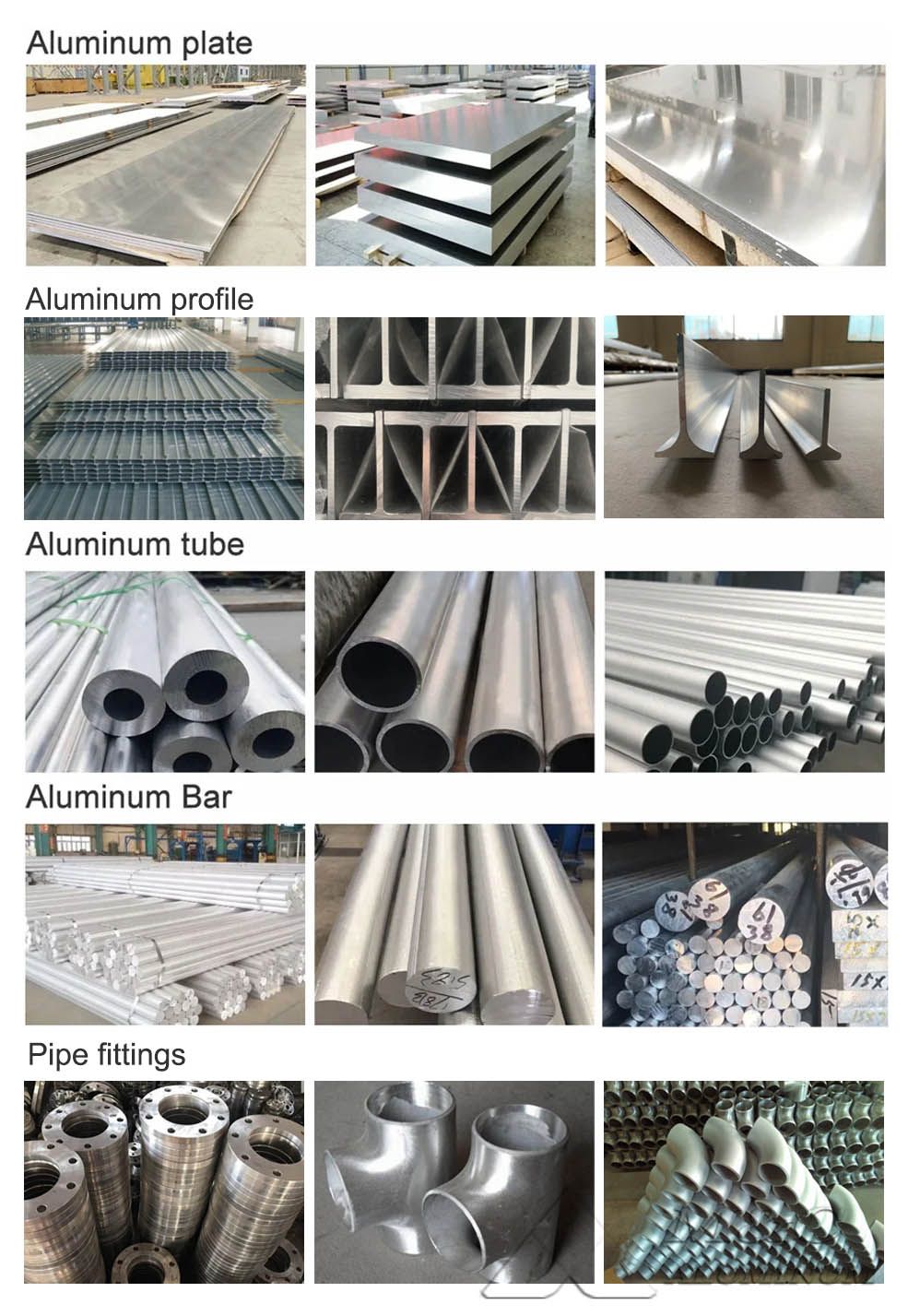
Original Source: https://www.marinealum.com/a/marine-grade-5083-5052-5754-h112-polished-anodized-aluminum-alloy-plates.html
Tag: Marine Grade Aluminum Plate Marine Grade Polished Anodized Aluminum Plate Marine Aluminum Sheet 5083 H112 Marine Aluminum 5754 H112 Marine Aluminum 5052 H112 Marine Aluminum Marine Aluminum Plate Manufacturer

